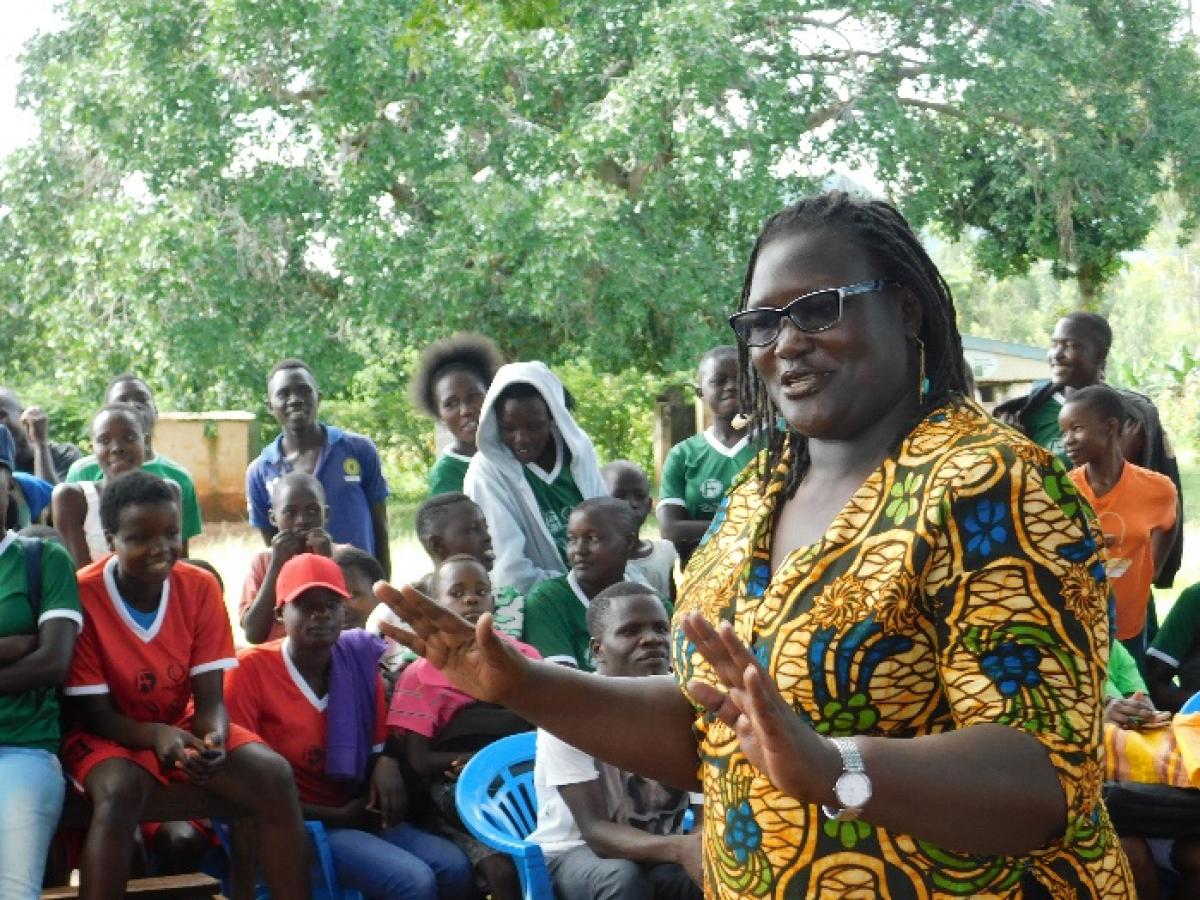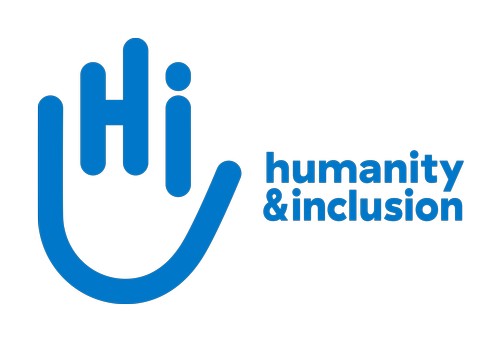What's new in 2019?
In October 2018, the Making It Work team released its 2nd call for good practices to eliminate discrimination and violence against women and girls with disabilities in Africa. 55 submissions have been reviewed by MIW’s Technical Advisory Committee, and in 2019, 8 good practices have been selected, in Burundi, Kenya, Mali, Rwanda, and Uganda.
These practices, carried out by Disabled Persons’ Organizations (DPOs) and Women’s Organizations are concrete examples of successful programs and sustainable changes led by women and girls with disabilities.

Who are our new Country Partners and what are their good practices?
- Union des Personnes Handicapées du Burundi: Promotion of practical rights (socio-economic and cultural) through managerial capacity building for women and girls with disabilities
- United Disabled Persons of Kenya (UDPK) with FIDA Kenya (Federation of Women Lawyers): Amplifying voices of women with disabilities in Kenya
- KEnya FEmale ADvisory Organization (KEFEADO) and KADDNET: Community dialogues through art and sport to end violence against women and girls with disabilities
- Women and Realities of Disability Society (WARD): Inclusion dialogues – “Preventing Violence by promoting Sexual Reproductive Health Rights of Women with Disabilities“
- Organisation pour un developpement intégré au Sahel (ODI Sahel): Improving the reproductive health status of women and girls with disabilities by increasing their decision-making power and reducing harmful practices
- Rwanda National Association of Deaf Women: Sustainable partnership for accessible social protection and poverty reduction programs by Deaf and Deafblind women in the Districts of Kamonyi and Ruhango
- Mubende Women With Disabilities Association (MUDIWA): Protection and prevention of violence against Women and Girls with Disabilities in Kassanda, Mubende District
- National Union of Women with Disabilities of Uganda (NUWODU): Strengthening Structures to Address Gender Based Violence against Girls and Women with Disabilities
Being a MIW Country Partner, what does it mean?
- Being supported for evidence-based advocacy at all levels. Country Partners are helped in their submissions to international Human Rights bodies and women activists are being given opportunities to participate in major advocacy events. In 2018, 10 of them had the opportunity to carry the voice of women and girls with disabilities on the international stage.
- Receiving technical and financial support from the MIW project team. It includes support in proposal writing, in the organization and design of national networking events and access to a Seed Fund to support the scaling up of their good practice.
- Participating in a Forum, in Nairobi, bringing all Country Partners together around the intersectionality of Gender and Disability. It is an opportunity to analyze each practice and design scaling plans; to support the good practice and develop cooperation between Women’s Organizations and DPOs.
What else is going on?
In 2019, Making It Work is still supporting the 9 Country Partners from Kenya, Uganda, Cameroon, Rwanda and Malawi selected in 2017. With now 17 grassroots partners in Africa, MIW carries on its work of mainstreaming the intersectionality of Gender and Disability and reinforcing cooperation between all actors involved in the response to violence against women and girls with disabilities.
The global advocacy effort is strengthened, with multiple participations to international events, both by the MIW team and country partner activists. The Making It Work Gender and Disability project reaffirms how the leadership of women with disabilities, their recognition and inclusion in the global feminist movement are critical to implement sustainable practices, and to instill change.
Copyright © 2026. All rights reserved.
